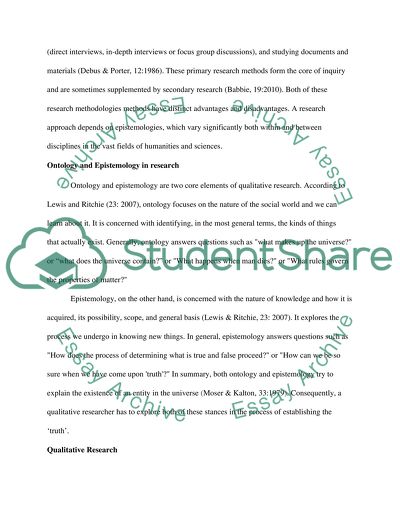Cite this document
(“Research methods for dissertation- Qualitative Research/ focus group Essay”, n.d.)
Research methods for dissertation- Qualitative Research/ focus group Essay. Retrieved from https://studentshare.org/marketing/1473069-research-methods-for-dissertation-qualitative
Research methods for dissertation- Qualitative Research/ focus group Essay. Retrieved from https://studentshare.org/marketing/1473069-research-methods-for-dissertation-qualitative
(Research Methods for Dissertation- Qualitative Research/ Focus Group Essay)
Research Methods for Dissertation- Qualitative Research/ Focus Group Essay. https://studentshare.org/marketing/1473069-research-methods-for-dissertation-qualitative.
Research Methods for Dissertation- Qualitative Research/ Focus Group Essay. https://studentshare.org/marketing/1473069-research-methods-for-dissertation-qualitative.
“Research Methods for Dissertation- Qualitative Research/ Focus Group Essay”, n.d. https://studentshare.org/marketing/1473069-research-methods-for-dissertation-qualitative.


